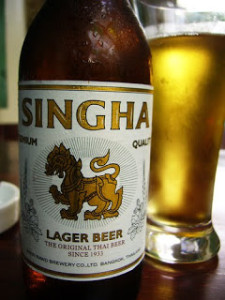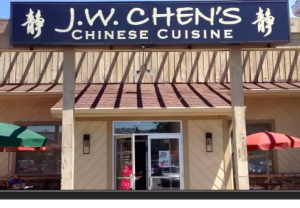Stone Brewing announced this week that it would be closing its brewery in Berlin. The announcement cited insufficient business, and also discussed the problems the company had in getting the brewery constructed in the first place. Greg Koch, the Stone Brewing CEO, said in his blog post announcing the move, that “the construction industry in Berlin is broken” and that the many delays in construction cost the company time and money (and, judging from the tone of the post, considerable aggravation). The long-delayed construction of the new Berlin-Brandenburg airport would seem to provide evidence for Koch’s assertion. That would seem to be supported as well by the growing housing crisis in the city.
On the other hand, I suspect cultural factors are at play as well. Germans have a long and proud tradition of beer brewing (and beer drinking). Traditionally, beer from the US has been seen as clearly inferior to German brews. There was a big uproar in Germany at the 2006 World Cup when only Anheuser Busch’s Budweiser (an official sponsor) was proposed to be served at the games. In fact, until the craft beer movement of the last decade, Budweiser was representative of the quality of US beers, that is, clearly inferior to German beer. The booming craft beer industry in the US has changed that situation, with American beers now winning many international awards. Craft breweries tend to experiment and innovate with small batch releases; they produce a wide variety of beers from strong IPA’s (with many Northeast and Brut styles recently) to sours (gose) and Belgian styles such as saisons. I suspect that a common German reaction to Stone’s coming to Berlin was why would they, in effect, want to bring coal to Newcastle, i.e. offer (inferior) American beer to compete with (superior) German beer. That impression of inferiority was likely strengthened by the fact that Stones was making their beer available in cans. In Germany serious beer comes in bottles.
I visited the Berlin Stone brewery when I was in Berlin last month. In talking to the bartender there, he admitted that they were having trouble breaking through to German beer drinkers, who by and large know what they like and that is traditional German lager or Hefeweizen, not the stronger and more flavorful craft beers. He told me he was married to a German and had several times taken over Stone beer to his father-in-law, who had no interest in even trying it. When I visited the brewery, the very large restaurant and multiple bars were nearly empty – on a Saturday. The bartender also told me that part of the delay in construction was because the building was historic, an old Gasworks from 1901, and so they had special regulations to adhere to in doing renovation. Stone’s has a brewery here in Richmond and they have run up against a similar issue in starting work on transforming an old James River terminal into a restaurant. Meanwhile, the company just opened a taproom in Shanghai. It remains to be seen how Chinese beer drinkers will react to Stone IPA and the company’s other brews. Interestingly, the Chinese beer most consider the best is from the Tsingtao Brewery, founded in 1903 by – German settlers.



